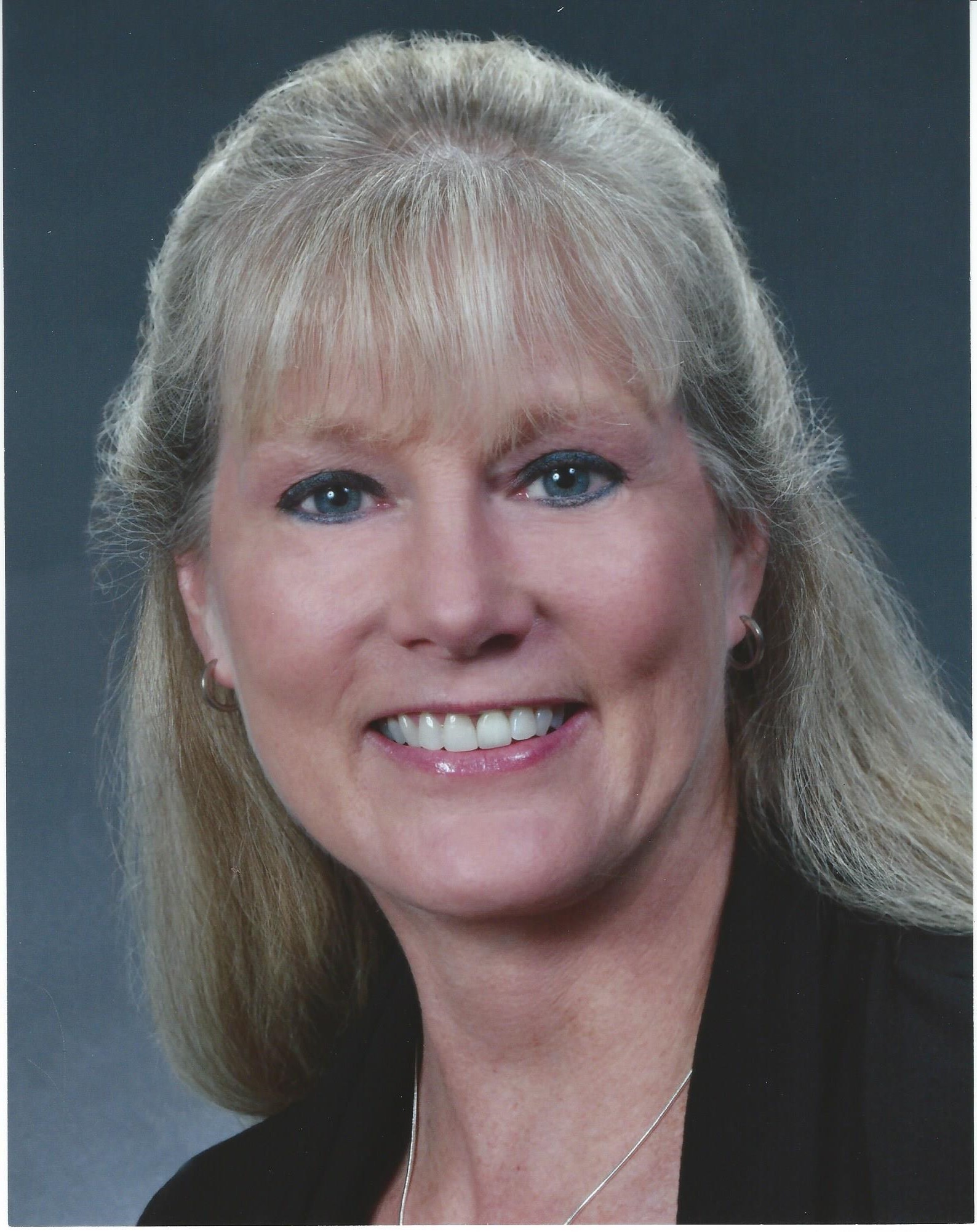
Current events surrounding the coronavirus pandemic have forced us into new ways of being in the world, with each other, and with our daily lives. In a very short period of time, we have essentially lost our lives as we once knew them, leaving us and those we serve reeling from feelings of helplessness and grieving the loss of our “normal.” We have been told to stay home, engage in social distancing, and to limit the possibility of exposure to potential sources of infection, which is not possible for front-line workers, and incredibly isolating for those who follow these guidelines. While these guidelines are meant to help keep us safe, they are also resulting in significant tangible and intangible losses. This webinar will address how mental health workers can support their clients in this difficult time.
The webinar will explore a framework for understanding our collective and individual grief as the current pandemic unfolds. We will examine specific non-death losses that characterize the pandemic and consider their deeply destructive psychological impact. The possibility of resilience will be discussed in the context of the current uncertainty and upheaval. Finally, we will present practical approaches for examining and supporting clients in their experience of non-death related grief as well as describe ways to enhance coping and facilitate resilience in our “new normal.”
Learning Objectives:
- Apply the assumptive world construct to identify the relationship between the current events and grief.
- Identify specific non-death losses that characterize the experience of the pandemic, as well as their impact upon vulnerable individuals.
- Discuss practical ways to offer support, enhance coping, and build resilience in the midst of uncertainty and upheaval.
About the Presenter:
 Darcy L. Harris, R.N., R.S.W., Ph.D., FT, is an Associate Professor and the Thanatology Coordinator at King’s University College in London, Canada, where she also maintains a private clinical practice specializing in issues related to change, loss, and transition. Dr. Harris developed the undergraduate degree program in Thanatology at King’s University College in London, Canada. In addition, she is a faculty member of the Portland Institute for Loss and Transition, dedicated to post-graduate training in grief therapy leading toward Certification in Meaning Reconstruction in Loss. She has served on the board of directors of the Association for Death Education and Counseling and is a current member of the International Work Group on Death, Dying, and Bereavement. Her recently released books, Principles and Practice of Grief Counseling (3rd ed.; Springer) and Non-Death Loss and Grief: Context and Clinical Implications (Routledge) explore the impact of various types of losses in many scenarios.
Darcy L. Harris, R.N., R.S.W., Ph.D., FT, is an Associate Professor and the Thanatology Coordinator at King’s University College in London, Canada, where she also maintains a private clinical practice specializing in issues related to change, loss, and transition. Dr. Harris developed the undergraduate degree program in Thanatology at King’s University College in London, Canada. In addition, she is a faculty member of the Portland Institute for Loss and Transition, dedicated to post-graduate training in grief therapy leading toward Certification in Meaning Reconstruction in Loss. She has served on the board of directors of the Association for Death Education and Counseling and is a current member of the International Work Group on Death, Dying, and Bereavement. Her recently released books, Principles and Practice of Grief Counseling (3rd ed.; Springer) and Non-Death Loss and Grief: Context and Clinical Implications (Routledge) explore the impact of various types of losses in many scenarios.